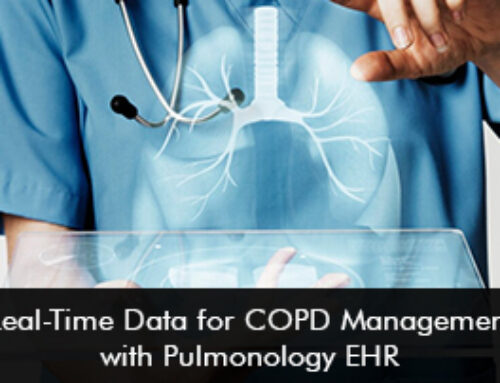According to the latest research studies, on average every one in four medical practices is not satisfied with its current Electronic Medical Records (EMR) Software and is looking to replace it with a newer version. If you are a Cardiologist and use an EMR Software for all your administrative and clinical operations, chances are you are not satisfied with your Cardiology EMR Software.
If you’re a little (or too much) frustrated with the Electronic Health Records (EHR) Software being used in your practice, you have more-or-less these three options to choose from:
- Make sure that all your EHR Software functionalities are up-to-date and working on their maximum capacity.
- If everything in your EMR/EHR or Practice Management Software is not up-to-date, get in touch with your vendor for the latest enhancements.
- Replace your software with a newer one and migrate all your existing Cardiology data.
While all these options can make significant changes to the efficiency of your medical practice, replacing the Cardiology EHR Software as a whole can make the biggest difference. With this idea in mind, here are the top 5 reasons you should replace your Cardiology EMR Software with a new one.
1. Lack of Interoperability
Modern EMR Software Systems need to interact with a number of other systems to share and exchange information. If your EHR Software lacks interoperability, it can cause problems in interfacing it with other systems. If this is the case, you need to switch.
2. Changing Market Trends
Cardiology is a highly dynamic medical specialty which constantly integrates new technologies related to medication, equipment, and clinical techniques. If your Cardiology EHR System is unable to integrate all these changes along the way, it is better you start thinking of a new one.
3. Shaky Software Support
Many older Cardiology EMR Solutions can be upgraded but the vendor lacks either the expertise or the incentive to help you do so. If your staff often gets frustrated by the limited technical support your vendor provides you, change the EMR System.
4. Poor Integration with Mobile Apps
Mobile EMR Software is a common concept now and is more of a necessity than a luxury. Doctors need EMR access on their iPhones or iPads to access the data remotely. Not having remote access to the EHR can slow down your operations and affect your practice negatively. You need to replace the system if it doesn’t work well on handheld devices.
5. Inability to Meet Key Standards
For reimbursements and Medicare & Medicaid incentives, your EMR Software needs to meet some key standards. Get an EMR System that complies to these requirements for faster reimbursements.







